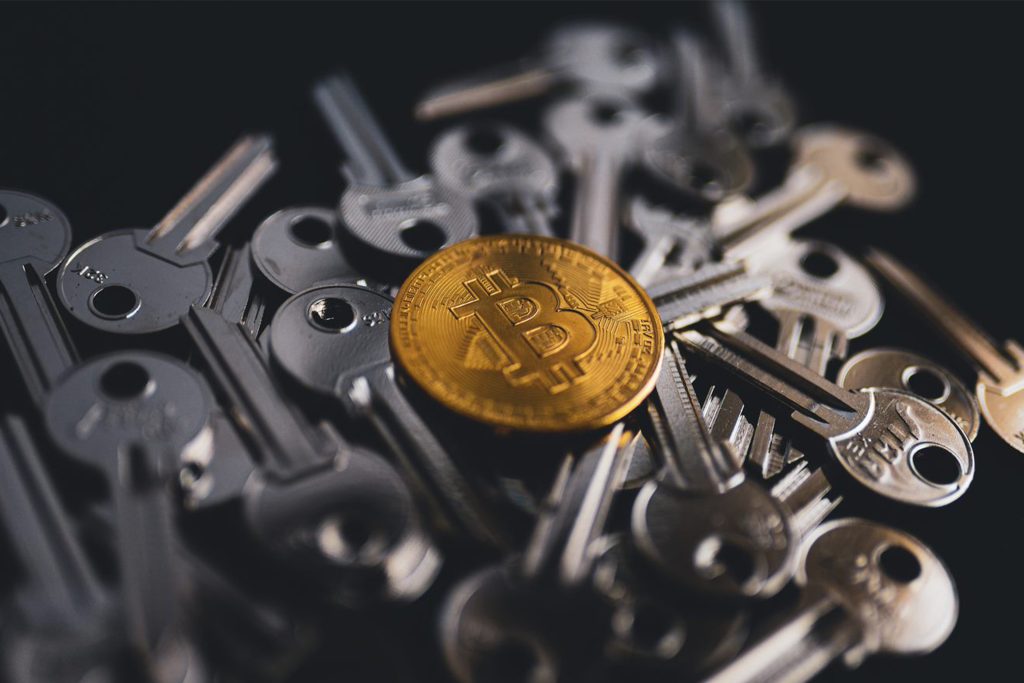Is Bitcoin real estate tokenization likely to create new investment opportunities?

2b2f0120-3fad 4135 acff 286465ddd2a2
Real estate tokenization using blockchain technology promises to fundamentally transform property investment by dividing high-value assets into affordable digital tokens. The fractional ownership model removes traditional barriers like high entry costs, illiquidity, and geographical limitations that have historically restricted real estate investment to wealthy individuals and institutions. The cryptocurrency ecosystem has evolved dramatically since its early days, when the simple application bitcoin dice dominated the space.
Market access transformation
Tokenization dramatically lowers minimum investment thresholds, enabling broader market participation. Traditional real estate investments typically require substantial capital commitments, often starting at hundreds of thousands of dollars for even modest properties. In contrast, tokenized real estate allows investors to purchase fractional interests for as little as $100, opening property investment to new demographic segments. This democratization extends beyond financial accessibility to include geographical access. Investors previously limited to local property markets can easily build globally diversified real estate portfolios without navigating complex international purchasing processes.
Liquidity breakthroughs
- Secondary markets operate 24/7 without traditional trading hour limitations
- Token transfers execute in minutes rather than weeks or months for traditional deals
- Fractional trading eliminates the need to find buyers for entire properties
- Price discovery becomes transparent through continuous market activity
- Exit positions gradually without selling entire property interests
- Automated market makers provide continuous liquidity for popular property tokens
Innovative ownership structures
The programmable nature of blockchain tokens enables novel ownership arrangements that aren’t practical in traditional real estate. Smart contracts automatically execute predefined rules, such as distributing rental income to token holders, implementing voting systems for property decisions, or mandating reserve allocations for maintenance. These automated governance mechanisms reduce management overhead while ensuring transparent operation. Decentralised autonomous organisations (DAOs) represent perhaps the most revolutionary ownership innovation, allowing completely democratic management of property assets. Token holders can vote on everything from maintenance vendors to major renovation decisions, creating community-owned real estate with minimal centralized management. This model particularly appeals to younger investors who value participation and transparency in their investments.
Compliance and regulation
- Security token standards incorporate regulatory requirements directly into smart contracts
- Automated KYC/AML processes verify investor identities while maintaining privacy
- Programmable compliance ensures tokens are transferred only to eligible investors
- Tax reporting automation simplifies complex cross-border investment reporting
- Regulatory frameworks are evolving specifically for tokenized tangible assets
Capital formation efficiency
Tokenization significantly reduces the friction in real estate capital formation. Traditional property development financing involves multiple intermediaries, lengthy due diligence processes, and substantial legal costs. Blockchain-based fundraising streamlines this process by connecting property developers directly with investors through standardized token offerings. The efficiency gains extend throughout the investment lifecycle. Automated dividend distributions eliminate payment processing overhead. Token-based voting systems replace costly shareholder meetings. Transfer agency functions happen instantaneously on the blockchain without manual recordkeeping. Collectively, these efficiencies can reduce operational costs by 30-50% compared to traditional real estate investment structures, preserving more value for developers and investors.
Real estate tokenization represents more than a technological novelty—it fundamentally reengineers property investment in ways that create genuine value for all participants. By reducing minimum investments, increasing liquidity, enabling novel ownership structures, and streamlining operations, tokenization seems poised to unlock substantial new investment opportunities across the global real estate market.





